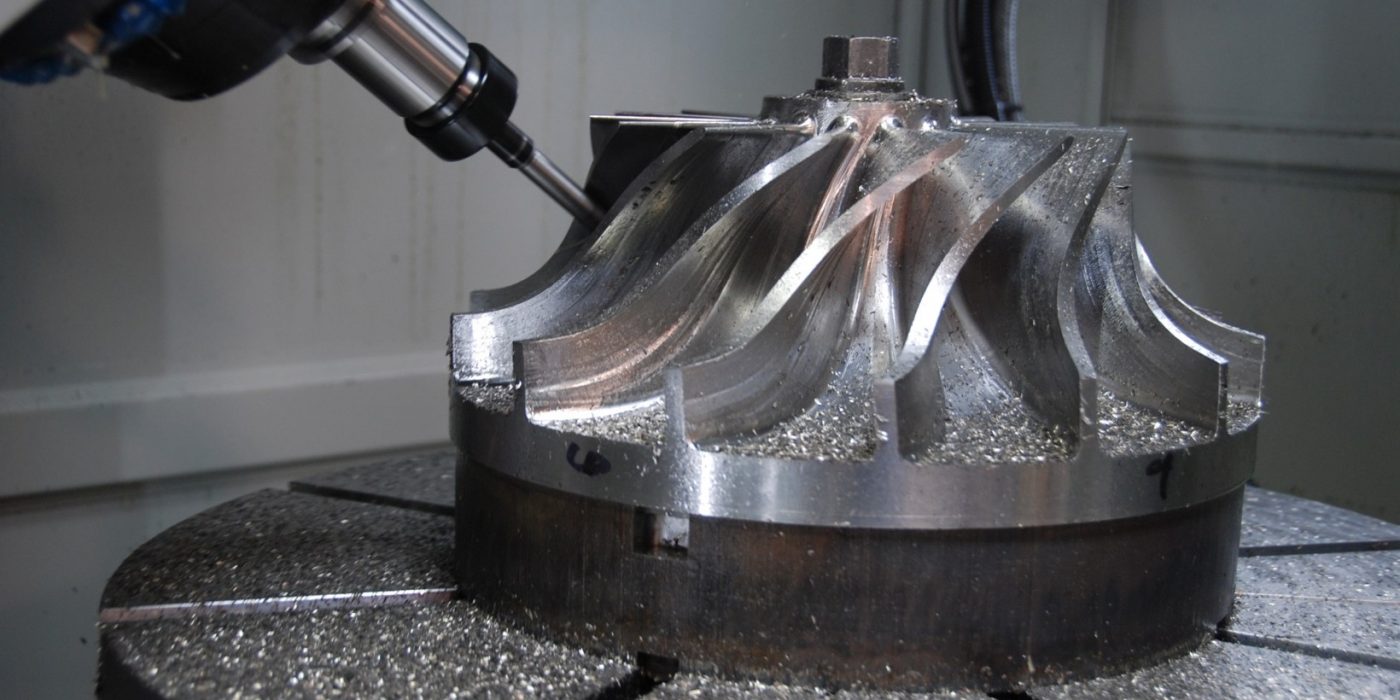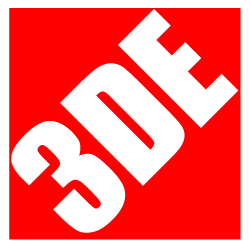
CNC Milling Service Southeast United States and Florida
A CNC milling service uses a cutting tools that move in three dimensional space to remove material from a constrained block of material to achieve a desired part shape. Typical milling services use cutting systems that operate predominantly in two dimensional space requiring a machine operator to perform multiple setup operations with the same mill and perhaps other type CNC mills to complete a given complex part. At 3DE we can eliminate these time consuming setups by relying on CNC technology that reaches/mills material within the most remote areas of a complex part geometry using a single setup operation.
Our office is located in Coral Springs, Florida. We serve all of South Florida and the South Eastern part of the United States. *We are available to work with you outside of our designated areas. Please contact us for a consultation.
Advantages
Milling has several advantages over other prototype and manufacturing processes. Depending on the geometry, it can prove a cost effective process for short-run precision parts that need engineered metal alloys and plastics. When the part commands a complex shape and or requires high dimensional tolerances CNC Milling may be the answer.
CNC Milling provides industry best quality finishes including precision controlled polished surfaces. CNC milling can be employed to generate part geometry that is both 2D or 3D forms provided the cutting tools can reach the material to be removed. Parts examples include precision aerospace components, mission critical military parts, medical devices, ruggedized electronic enclosure packaging, etc.
Engineered Materials
Metal Alloys: Aluminum, Stainless, Copper, Titanium, Brass, Cast Alloys
Engineered Plastics: Nylon, Polycarbonate, ABS, Urethanes, Acetal, Acrylic
Design Optimizations to Reduce Part Costs for Low Volume Support
3DE understands what it takes to optimize a part design for cost reduction measures by minimizing material removal processing, reducing production scrape rates, integrating prototype and traditional manufacturing techniques to more easily fabricate precision complex shapes, etc. Some design Considerations include:
Incorporate corner radius in a part to idealize part for milling.
Avoid fragile shapes that cannot be easily milled (i.e. thin elongated protrusions).
Design geometries that can be aggressively milled when possible.
Designate material that holds shape even when long thin shapes and thin walls are required.
